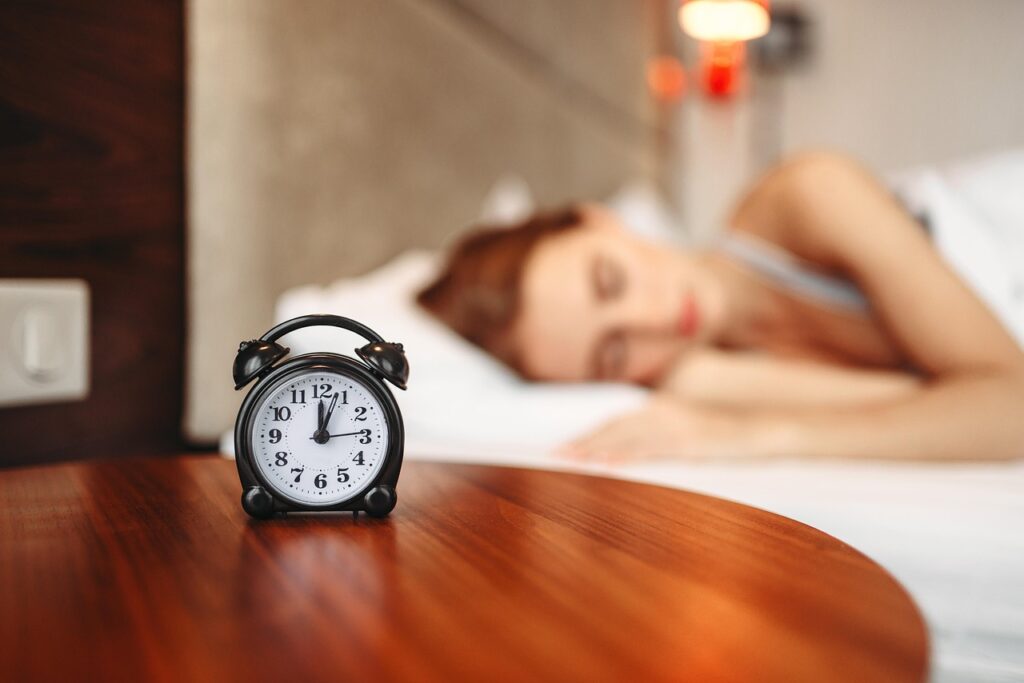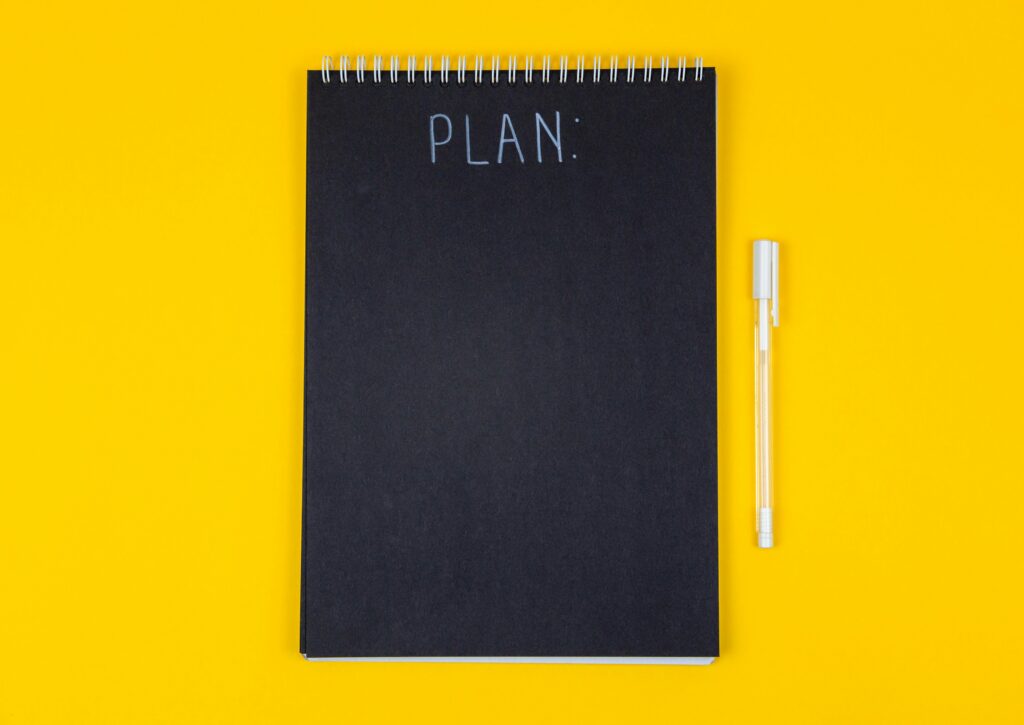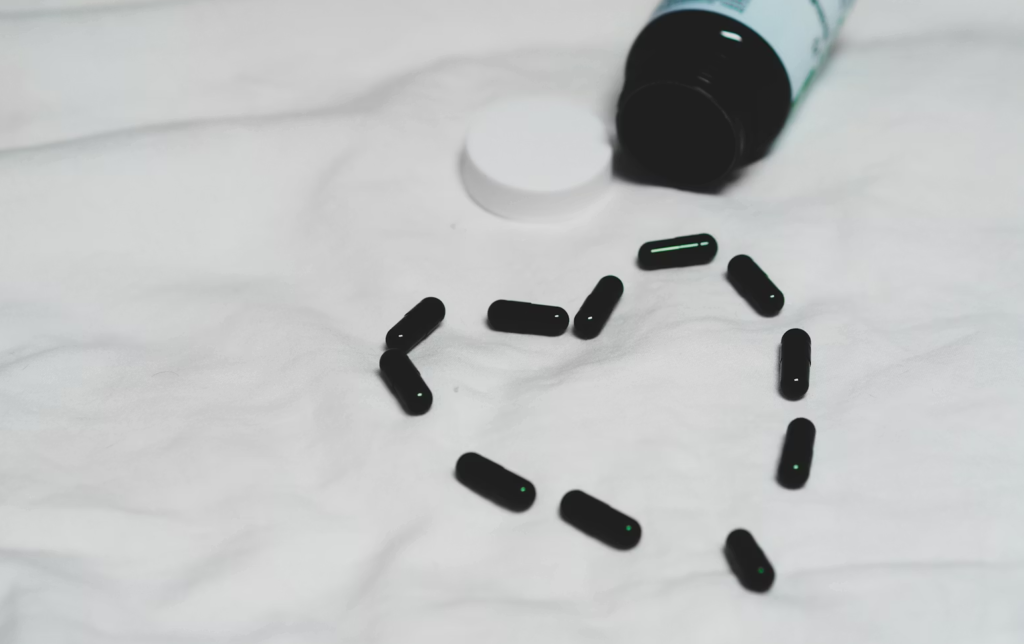What to eat before bed can make or break your sleep quality. If you’ve ever tossed and turned after a heavy late-night snack or found yourself waking up hungry at 3 a.m., you know how much evening eating habits matter. The wrong foods can cause indigestion, spikes in blood sugar, or even restless nights. On the flip side, the right snacks can help your body relax, support melatonin production, and keep you sleeping soundly until morning.
In this post, we’ll cover the top things you need to know about evening eating – what to include, what to skip, and how timing plays a role. We’ll also look at key nutrients that naturally promote relaxation and foods that could sabotage your rest. By the end, you’ll know exactly how to adjust your nightly routine for deeper, more refreshing sleep.
1. The Best Foods to Eat Before Bed
When thinking about what to eat before bed, focus on light, nutrient-rich options that support your body’s sleep hormones. Certain foods naturally contain compounds like tryptophan, magnesium, and melatonin – these help calm the nervous system and prepare you for rest.
Good choices include:
- Bananas: Packed with magnesium and potassium, which relax muscles.
- Almonds or walnuts: Provide magnesium and healthy fats that stabilize blood sugar overnight.
- Kiwi: Research shows it can improve sleep onset and duration.
- Greek yogurt: Contains calcium, which helps the brain use tryptophan to make melatonin.
- Oatmeal: Slow-digesting carbs that promote serotonin release.
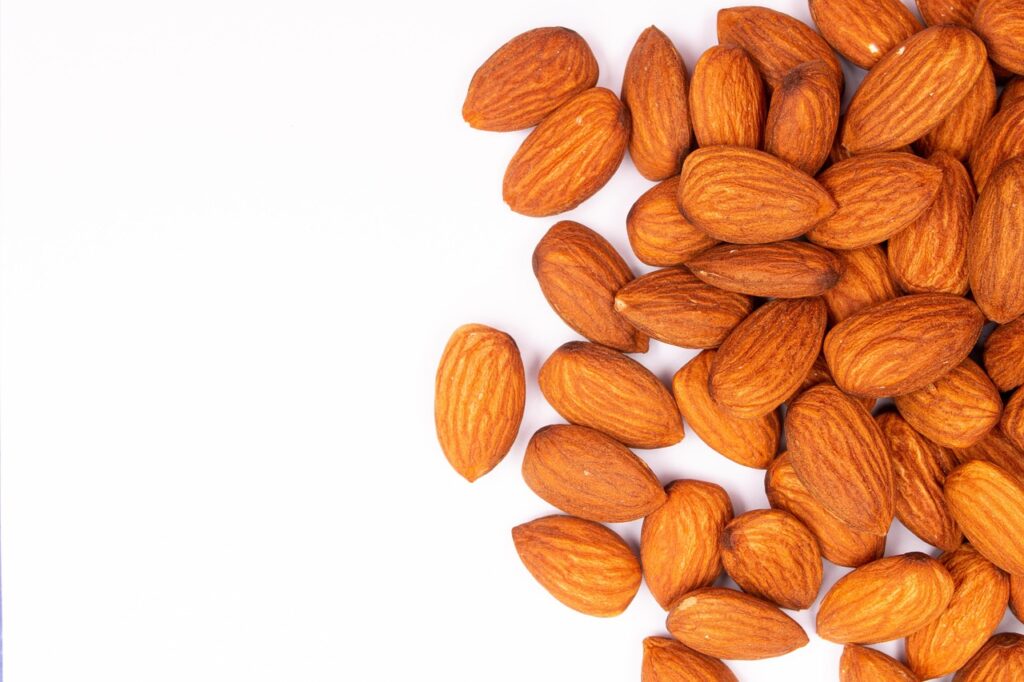
Key things to know:
- Keep portions small – large meals can cause discomfort.
- Include a balance of protein, healthy fats, and slow carbs to avoid blood sugar spikes.
- Eating about 1–2 hours before bed is ideal for digestion and comfort.
2. Foods and Drinks to Avoid Before Bed
Knowing what to eat before bed also means understanding what to skip. Certain foods can overstimulate your system, disrupt digestion, or increase the risk of waking up during the night.
Avoid these before bedtime:
- Caffeine: Found in coffee, tea, chocolate, and some sodas – it can stay in your system for 6–8 hours.
- Spicy foods: Can cause acid reflux and raise body temperature, making it harder to fall asleep.
- High-sugar snacks: Lead to blood sugar spikes and crashes that can wake you up.
- Heavy, fatty meals: Burgers, fried foods, and rich desserts slow digestion and cause discomfort.
- Alcohol: While it may make you feel sleepy, it disrupts REM sleep and causes early awakenings.
Key things to know:
- Avoid caffeine after early afternoon.
- Limit alcohol intake, especially late at night.
- Keep nighttime snacks light and simple.
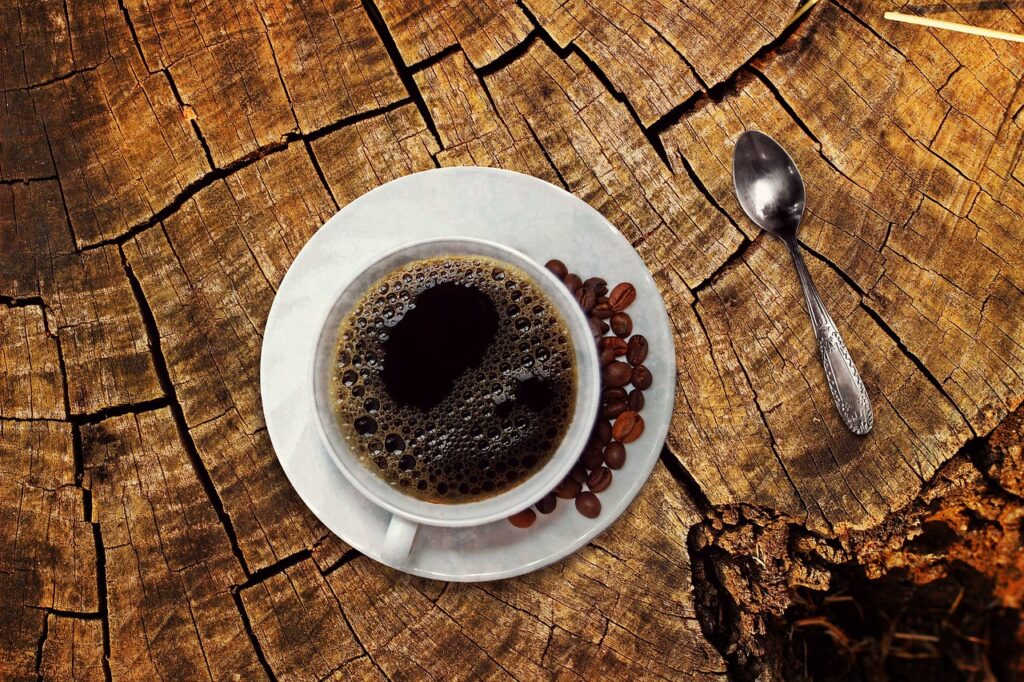
3. Timing Your Evening Meals for Better Sleep
Timing is just as important as what to eat before bed. Eating too close to bedtime can lead to indigestion and interfere with the body’s natural wind-down process. On the other hand, going to bed hungry can make it harder to fall asleep or cause you to wake up early.
Best practices:
- Eat dinner 3–4 hours before bed: Gives your body time to digest.
- Light snack 1–2 hours before sleep: Choose something small and sleep-friendly if you’re hungry.
- Avoid late-night heavy meals: Your body should be focusing on repair and recovery, not digestion.
Key things to know:
- Evening meals should be lighter than breakfast or lunch.
- Consistency matters – eating at similar times daily helps regulate your circadian rhythm.
- If you’re often hungry before bed, adjust dinner portions or timing.
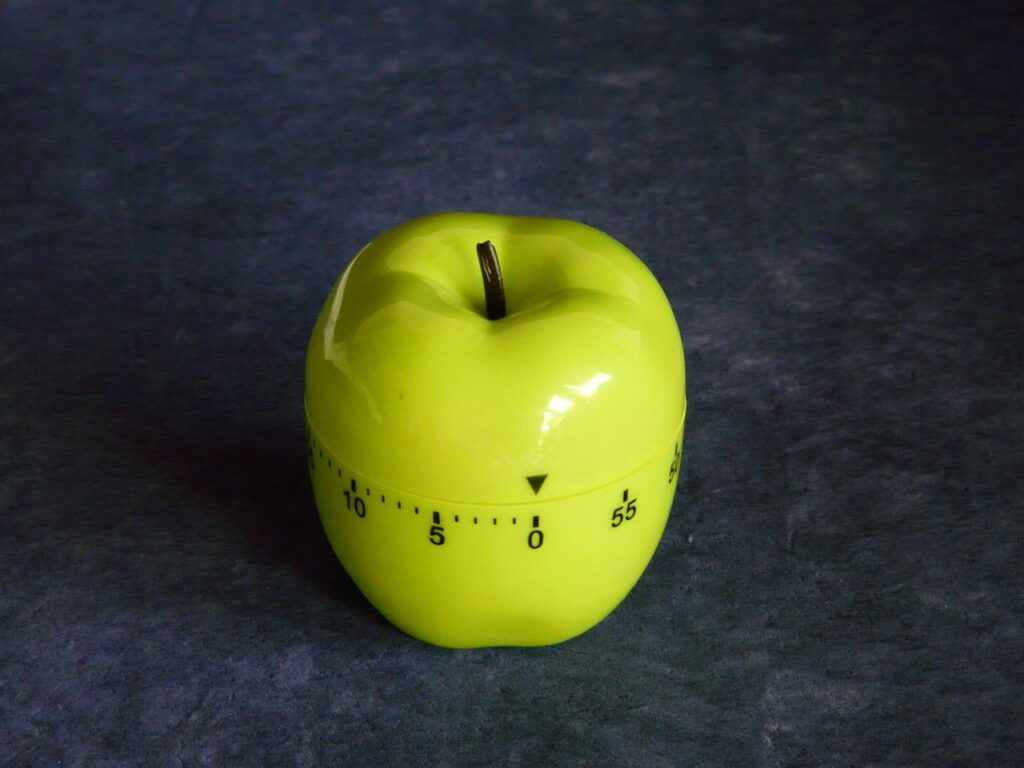
4. Nutrients That Help You Sleep Better
When planning what to eat before bed, it helps to understand the nutrients that directly influence sleep.
Top sleep-supporting nutrients include:
- Tryptophan: An amino acid found in turkey, dairy, and nuts that helps produce serotonin and melatonin.
- Magnesium: Found in leafy greens, nuts, and seeds; helps relax muscles and regulate neurotransmitters.
- Calcium: Supports melatonin production and is found in dairy, fortified plant milks, and leafy greens.
- Complex carbs: Found in oats, whole grains, and sweet potatoes; help serotonin reach the brain.
- B vitamins: Especially B6, which helps convert tryptophan to serotonin.
By combining these nutrients in a light evening snack, you can naturally signal to your body that it’s time to rest.
5. Sample Bedtime Snack Ideas
To put all of this into practice, here are some easy, healthy ideas for what to eat before bed:
- Warm chamomile tea with a small handful of almonds.
- Half a banana with a spoonful of peanut butter.
- Whole grain toast with avocado.
- Greek yogurt topped with kiwi slices.
- Small bowl of oatmeal with berries.
These options are light, nutrient-rich, and supportive of your body’s nighttime recovery process.
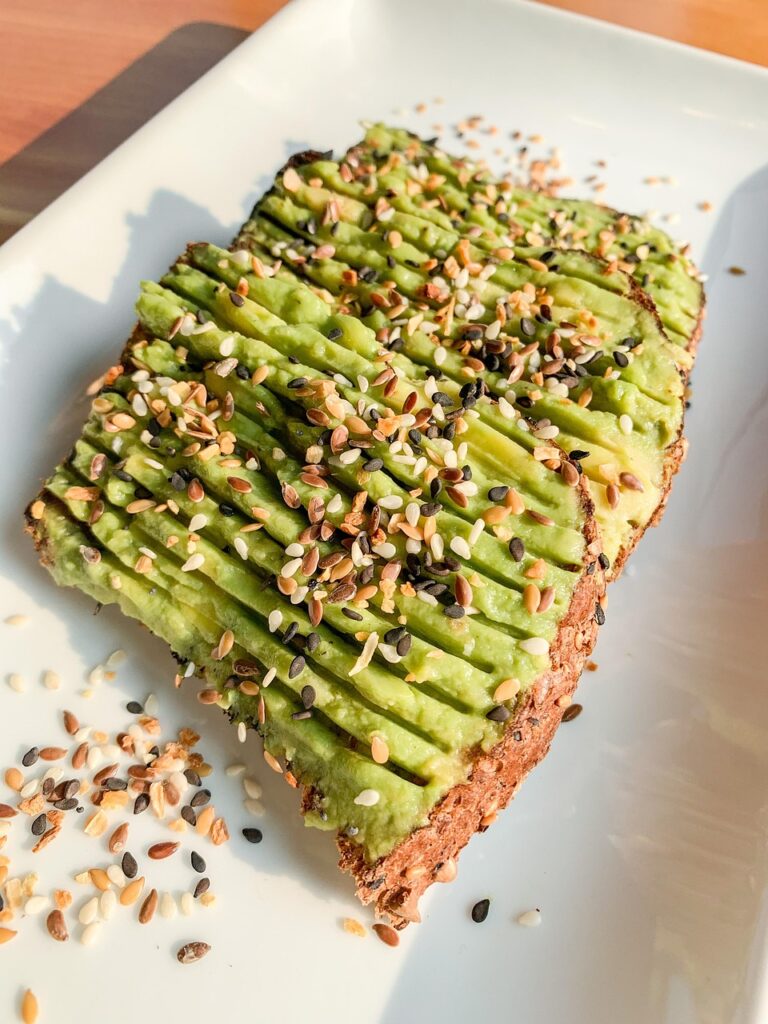
FAQ: What to Eat Before Bed
1. Is it bad to eat right before sleeping?
It’s not ideal. Eating too close to bedtime can cause indigestion and may interfere with sleep. Try to finish your last meal 1–2 hours before lying down.
2. Can eating before bed cause weight gain?
Not directly. Weight gain happens from excess calories over time. However, eating high-calorie snacks late at night, especially while inactive, can contribute to this.
3. What’s the best drink before bed?
Caffeine-free herbal teas like chamomile, peppermint, or valerian root can promote relaxation without disrupting sleep. Warm milk is also a traditional option that supports melatonin production.
Conclusion
Understanding what to eat before bed can help you fall asleep faster, stay asleep longer, and wake up feeling more refreshed. The right choices – like bananas, almonds, or kiwi, support your natural sleep hormones, while the wrong ones – like caffeine, heavy meals, and sugary snacks, can keep you tossing and turning.
The key is to focus on light, balanced snacks, avoid stimulants and heavy foods, and give your body enough time to digest before lying down. With small changes to your evening routine, you can make a big difference in your sleep quality and overall health.
When is your last evening meal? If you crave a snack before bed, are you trying to push through or you don’t mind having one?
Let us know in the comments below!
